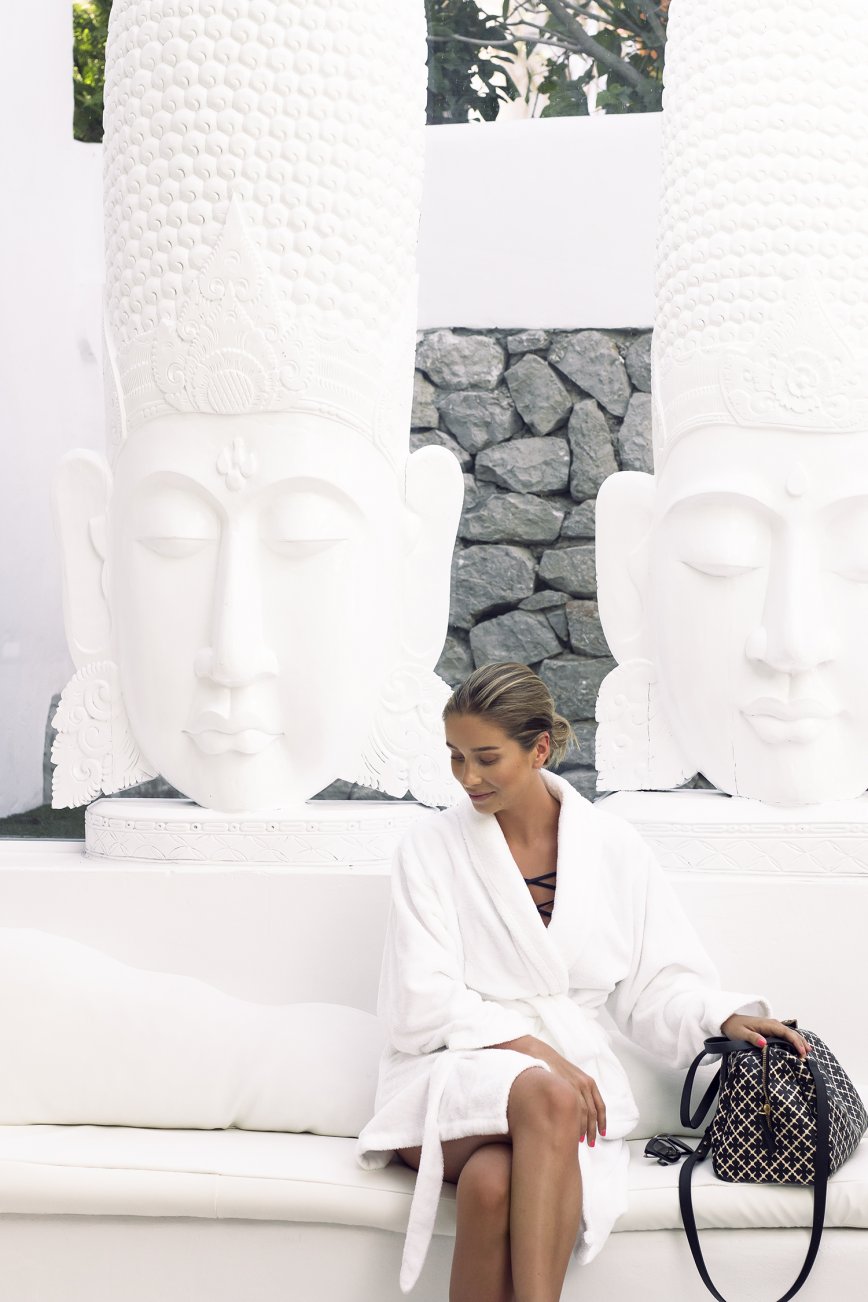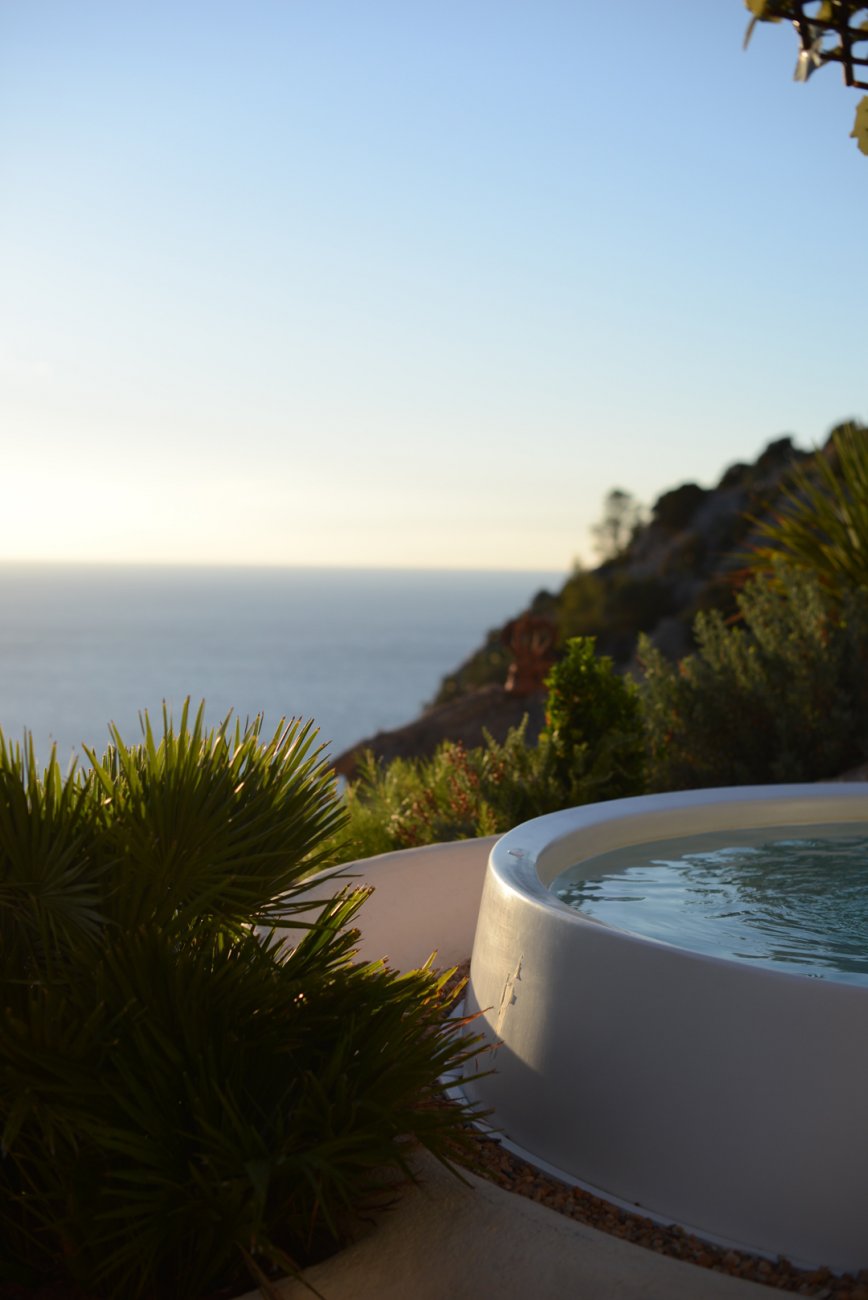Expectations Stimulate Our Emotions
By booking in advance, you are maximising your pleasure & happiness

Anticipation is an intense Feeling
It is proven that looking forward to something is a pleasure in itself: research done in the USA affirms anticipation is an intense feeling in assuring our wellbeing, more powerful than retrospection (Van Boven and Ashworth, Journal of Experimental Psychology, 2007).
It is not surprising that to escape their daily routines, 69% of Americans have a habit of planning their vacations during working hours. With the purpose of extending the happiness derived from unplugging, psychologists suggest taking many short getaways and planning them in advance (Jeroen Nawijn, Journal Applied Research in Quality of Life, 2010).
It’s all about anticipation
Maximize the pre-trip happiness by fully indulging in your thrill: as Dr. Nawijn suggests (Jeroen Nawijn, Journal Applied Research in Quality of Life, 2010), tell it out loud to your friends and relatives, use the social media to announce your departure, look on a map the sites you are going to discover, read the reviews of the place you are going to… soon you will be living your dream, start enjoying it now.
A well-planned travel reduces the stress thus improving the quality of your rest and holidays. Furthermore, by booking in advance you find the best deals. Many airlines and resorts promote themselves with Early Booker offers, as the Hacienda Na Xamena resort does.
Happiness & Productivity
Lastly, as you book in advance, you will enter a happiness virtuous circle. Research has proven that people who take all their vacation days are 34% more likely to receive a bonus over the next 3 years: working happily is always appreciated (Booking.com, 2017).

Espalmador is a tiny but spectacular island just of the coast of Ibiza

Yours Truly

Miss Natasha Oakley at the Hacienda Na Xamena, Ibiza, 2016

Emilie Tommerberg at the Hacienda, 2016

Suite with Mini-Pool
Why wait?

Gods Finger & Sunset at Benirrás Beach, North Ibiza
#HNXblog – The blog of the Hacienda Na Xamena, Ibiza.
Blogger: Silvia Bortolami
Sources:
Travel Happiness, Booking.com
Secrets to Having a Happy Holiday, Booking.com
How Vacations affect Your Happiness, New York Times
How to make the most of your vacations, Huffington Post
Springer
Life Lab Experiment, Psychologies.co.uk
